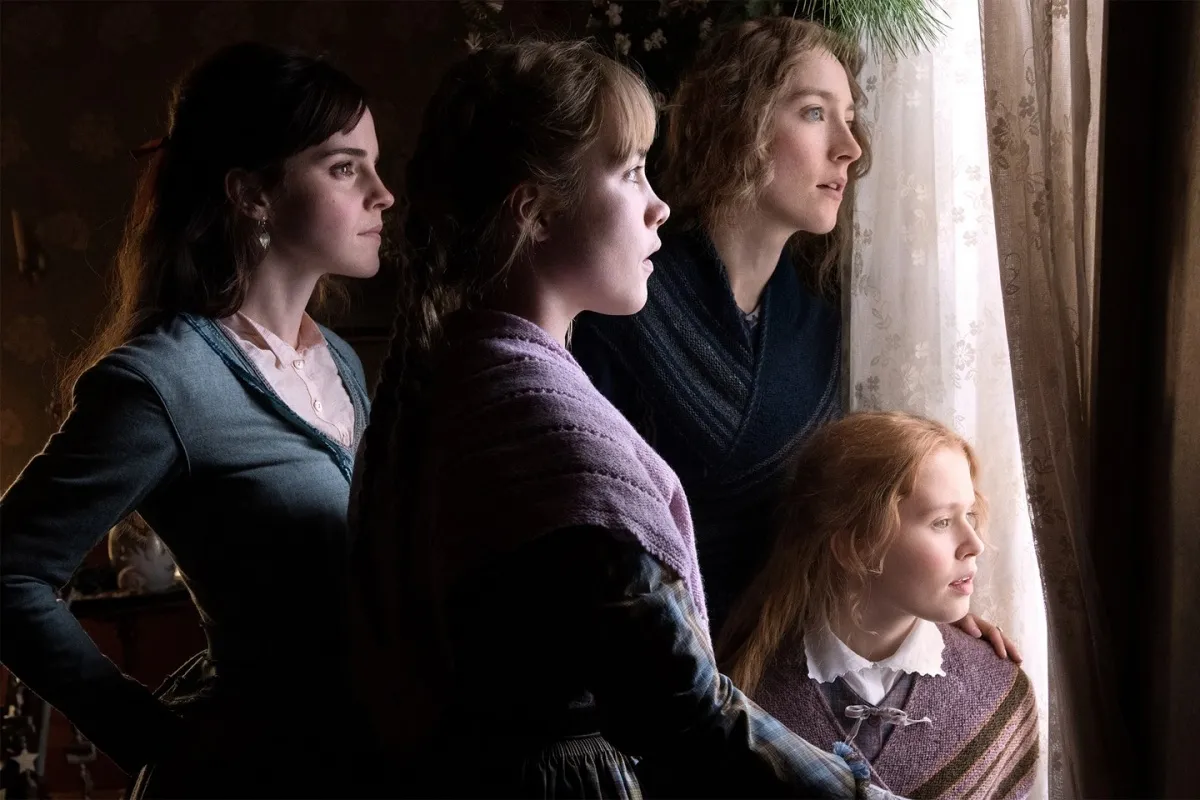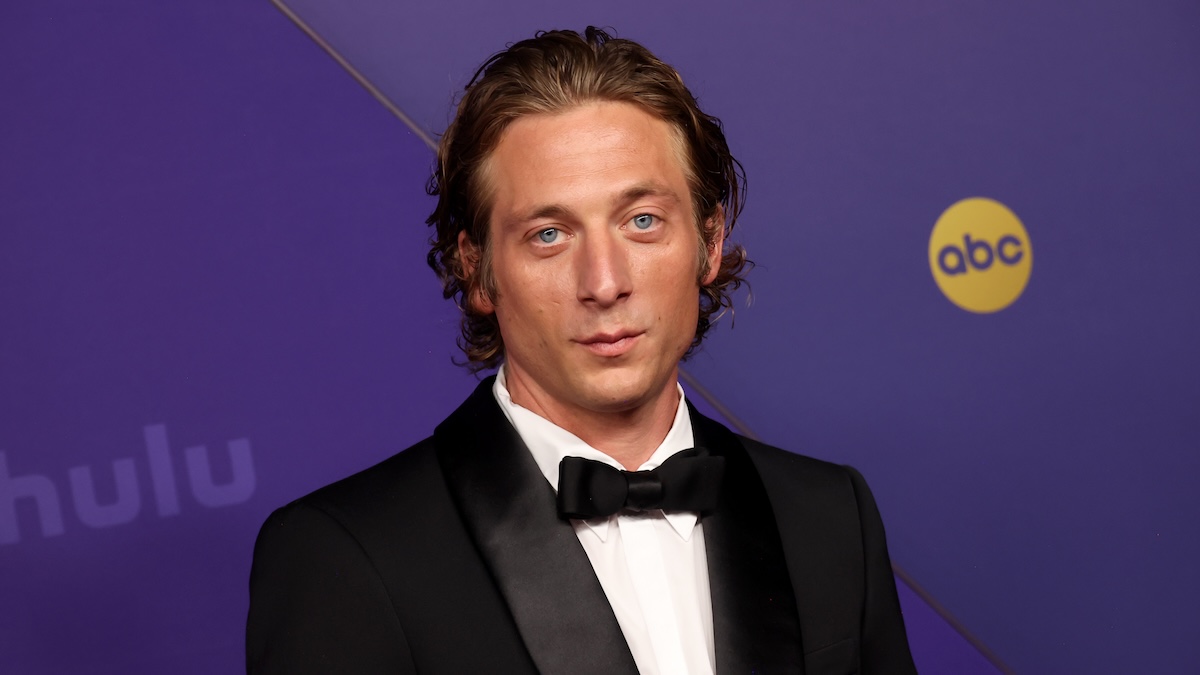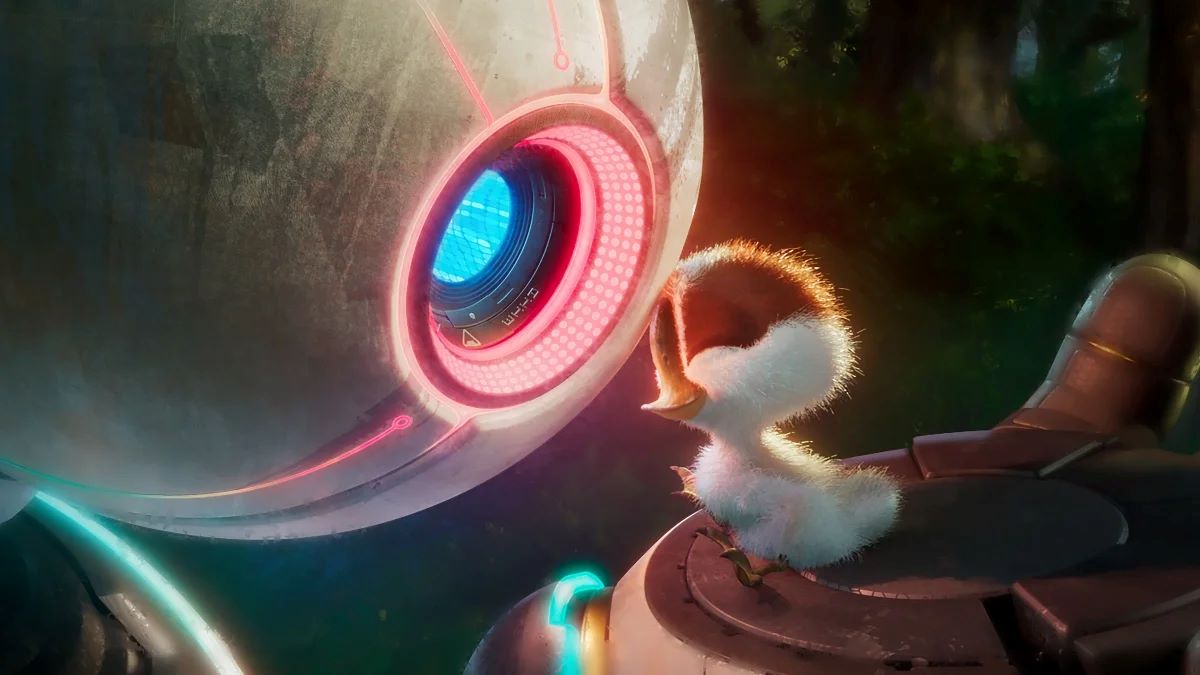Last year, it was announced that Lady Bird director Greta Gerwig would be doing her own adaptation of Louisa May Alcott’s seminal novel Little Women, starring Emma Watson as Meg, Florence Pugh as Amy, Saoirse Ronan as Jo, Eliza Scanlen as Beth, Timothée Chalamet as Theodore “Laurie” Laurence, Laura Dern as Marmee March, and Meryl Streep as Aunt March. I’m a huge fan of Little Women, Alcott, and Greta Gerwig. Yet, just like when I first heard of the movie coming out, I’m struck by just how white it has chosen to be.
For the record, yes, I know that all the characters in the source material are white and that it takes place during the Civil War, and all the historical trappings that I’m supposed to accept are a valid excuse for a movie made in 2019 to be completely white and (I’m guessing) heterosexual, but I have to tell you, as someone who does actually love historical period dramas and 18th/19th century literature, I’m kind of over that excuse. Shows like Anne With an E, The Borgias, The Spanish Princess, and movies like A Little Princess, Mary Queen of Scots, and Lady Macbeth have been able to elevate their stories by not treating women of color as if they have no place in history.
Little Women takes place in a fictionalized version of Concord, Massachusetts during the American Civil War. The March sisters and their mother, Marmee, live together as they go from girlhood into adulthood, with Jo March (Jane Eyre’s proto-feminist American counterpart) being the breakout character due to her temper, strong will, and creativity.
I enjoy Little Women, and I know I’ll see this movie, and I appreciate that Greta Gerwig was drawn to this story because of feminism that has so long been a part of that narrative. That doesn’t mean we can’t address that this version of feminism is not inclusive, even though there are plenty of non-white, non-cishet people who love this book. A book that takes place during the American Civil War, but never mentions or deals with slavery explicitly, is universal because it focuses on a moment separated from the war that gives women a time to grow and explore themselves without men around, but also without outside conflict. Little Women is character-driven and about family bonds. That is what makes the story so powerful.
However, when we talk about Little Women being a universal or an “All-American Girl” novel, we can’t ignore that it’s because we, as a society, have given whiteness that space to be “universal,” even as it excludes everyone else.
In real life, Alcott was both an abolitionist and a feminist, with her and her family serving as station masters on the Underground Railroad and activist Frederick Douglass frequently visiting there. That element of her family life doesn’t exist in Little Women despite its semi-autobiographical element, and let’s be real, that exists because she wrote the book to make money, because her family always struggled financially.
I think an easy way for there to be more diversity in adaptations, without changing the race of the existing characters, would be to include those things. It wouldn’t take away from the film, unless the element you are most bound to its proto-feminism being pretty mundane by today’s standards and largely apolitical otherwise.
Thinking about this movie, I’m reminded of the 2017 Sofia Coppola movie The Beguiled, which got some controversy for removing a Black female enslaved supporting character who serves as a foil in the book, and original film, to the white female characters and the kidnapped man. Sofia Coppola’s reason for this was that she didn’t feel like she could do justice to that aspect of the story and just … left it out—except that’s not an excuse when you’re doing a movie steeped in white Southern womanhood.
Gerwig’s Little Women will be the eighth film to tackle the book. It’s been serialized by the BBC four times, there are two animes, and many, many more. It’s loved, and it’s loved for a reason, and I’m not trying to remove any of that from the story. But, as we talk about feminism, feminist filmmaking, and supporting female directors, which often ends up being white women, we should also ask them why, when they make stories about young women, they can only do it with white characters.
We should be able to ask them why they see feminity and girlhood only through whiteness. We should ask them how they are going to be inclusive feminists, if not onscreen, then behind the scenes, and if they are going to support and uplift stories that feature women of color, queer women, women with disabilities, and other things that these movies, while beautiful and touching, and often very well-meaning, overlook.
(via THR, image: Wilson Webb/© 2019 CTMG, Inc.)
Want more stories like this? Become a subscriber and support the site!
—The Mary Sue has a strict comment policy that forbids, but is not limited to, personal insults toward anyone, hate speech, and trolling.—










Published: Jun 19, 2019 01:12 pm